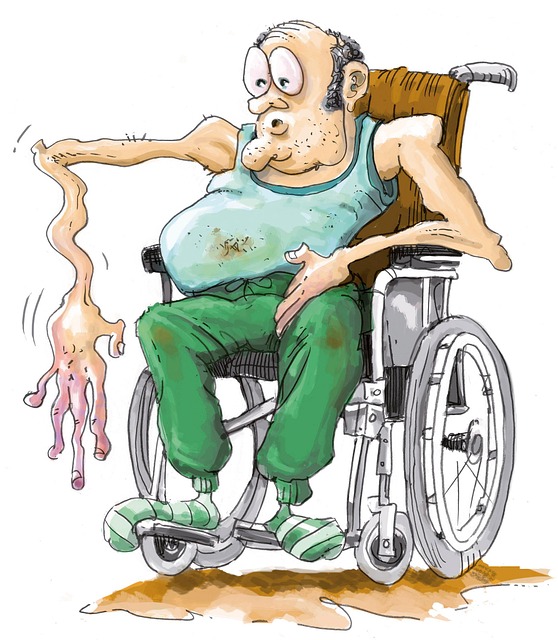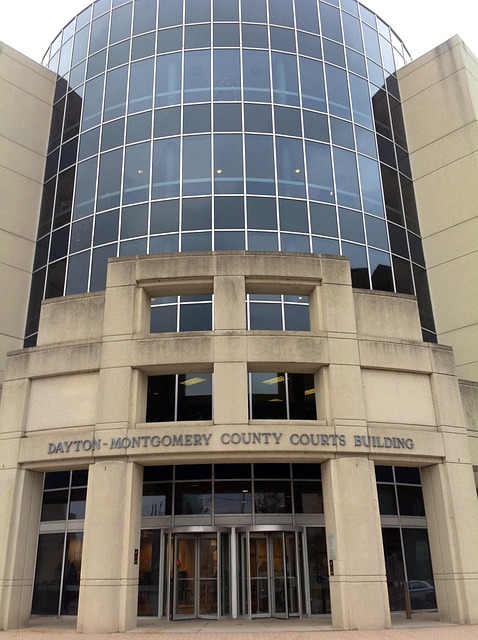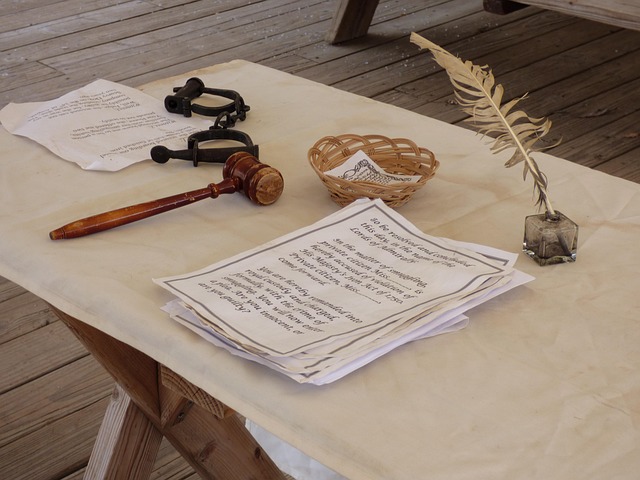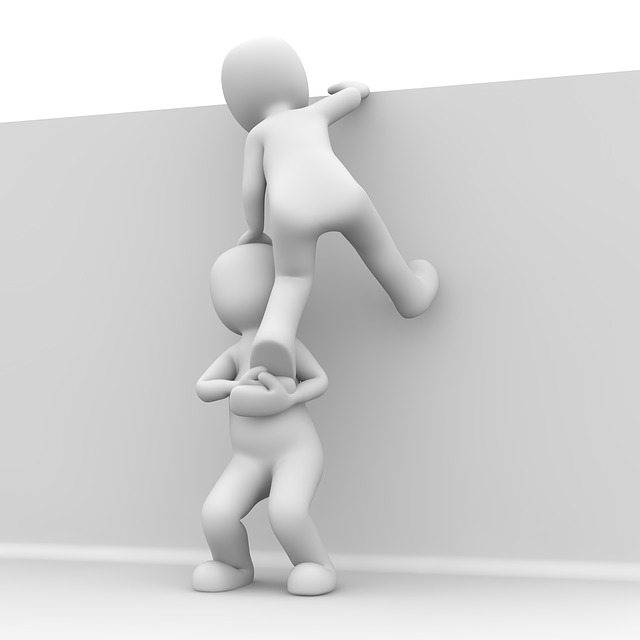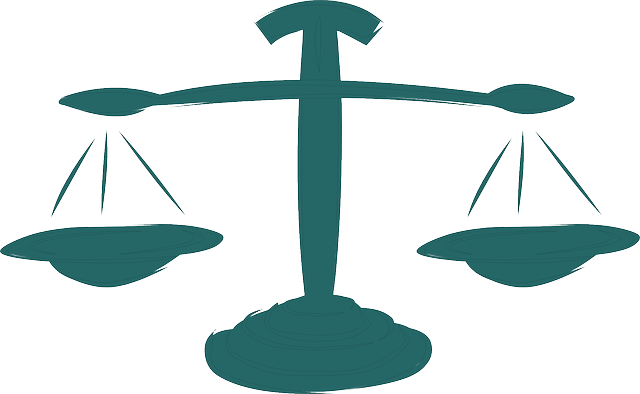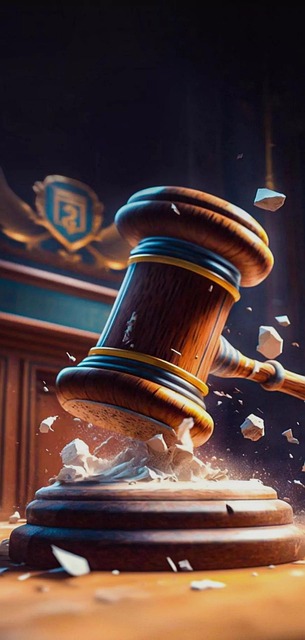Slip and fall accidents cause severe physical injuries (soft tissue damage, fractures, head trauma) with potential long-term effects on mobility and quality of life. Beyond financial compensation, these incidents significantly impact victims emotionally, leading to anxiety, depression, PTSD, and fear of recurrence. Legal counsel specializing in commercial disputes and product liability is crucial for adequate slip and fall compensation, addressing physical and psychological challenges stemming from apparent negligence.
What Victims Overlook in Slip and Fall Compensation
Slip and falls are a common yet often overlooked cause of injuries, with significant physical and financial consequences. This article guides victims through the complex process of seeking justice and fair slip and fall compensation. We explore the various aspects, from understanding the scope of injuries to navigating legal responsibilities. Learn about the potential long-term effects on health and how these impact claims. Discover the key elements required to establish liability and secure maximum compensation, highlighting common mistakes to avoid.
- Understanding Slip and Fall Injuries and Their Impact
- – Common types of slip and fall injuries
- – Short-term and long-term effects on physical and mental health
Understanding Slip and Fall Injuries and Their Impact
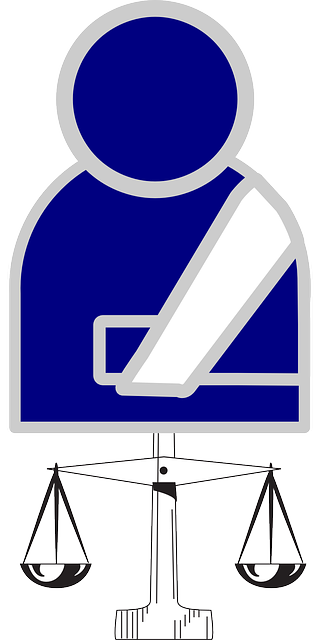
Slip and fall accidents can result in a range of injuries, from minor scrapes and bruises to more severe trauma, including head injuries and fractures. The impact of such incidents often extends beyond physical harm. Victims may face significant challenges in their daily lives, requiring extensive medical treatment, rehabilitation, and sometimes, long-term care. The emotional toll can be profound, leading to anxiety, depression, and a diminished quality of life.
Understanding the extent of these injuries and their lasting effects is crucial when pursuing slip and fall compensation. It’s not merely about financial redress; it’s about ensuring victims receive the support they need to rebuild their lives. In cases where negligence is apparent, such as a breach of fiduciary duty on the part of property owners or managers, accident settlements can play a vital role in compensating individuals for their serious injuries and the resulting disruption to their lives.
– Common types of slip and fall injuries

Slip and fall accidents can result in a wide range of injuries, often overlooking the severity of which can lead to inadequate compensation. Common types of slip and fall injuries include soft tissue damage such as sprains and strains, fractures, head injuries, and even internal organ damage. These injuries can have long-term effects on mobility, daily functioning, and overall quality of life.
In navigating slip and fall compensation, it’s crucial to understand the potential for permanent disability or reduced earning capacity. Additionally, medical bills, rehabilitation expenses, and loss of wages are significant factors that often get overlooked by victims. These financial burdens can significantly impact an individual’s future prospects, making it imperative to seek legal counsel experienced in handling commercial disputes and product liability cases, especially when auto accident injuries aren’t the primary cause of the slip and fall incident.
– Short-term and long-term effects on physical and mental health
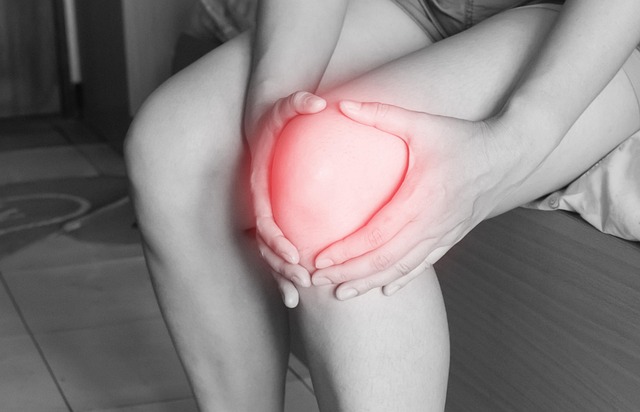
A slip and fall incident, while seemingly minor, can have significant and lasting impacts on a victim’s well-being. The immediate physical pain and bruising are often the most visible signs, but they represent just a fraction of the total picture. Short-term effects can include muscle strains, fractures, and head injuries, which require medical attention and sometimes result in lengthy periods of recovery. These initial setbacks can lead to long-term physical disabilities or chronic pain if not managed properly.
Beyond physical injuries, slip and fall accidents also take a toll on mental health. Victims may experience anxiety, depression, and post-traumatic stress disorder (PTSD), especially if the incident occurred in a public place or was witnessed by others. The fear of recurrence can be paralyzing, affecting daily routines and overall quality of life. Additionally, the process of pursuing slip and fall compensation, including navigating legal systems and dealing with insurance companies, adds to the mental burden. It’s crucial for victims to recognize these psychological impacts and seek support to navigate both the physical and mental challenges that arise from such accidents.
Victims of slip and fall accidents often overlook the comprehensive nature of potential compensation. While seeking financial relief for immediate medical expenses is crucial, it’s equally important to consider long-term care, rehabilitation, and psychological support. These aspects play a significant role in the overall recovery process and can greatly impact an individual’s quality of life. Understanding all elements of slip and fall compensation ensures victims receive fair and adequate support during their journey towards healing.
